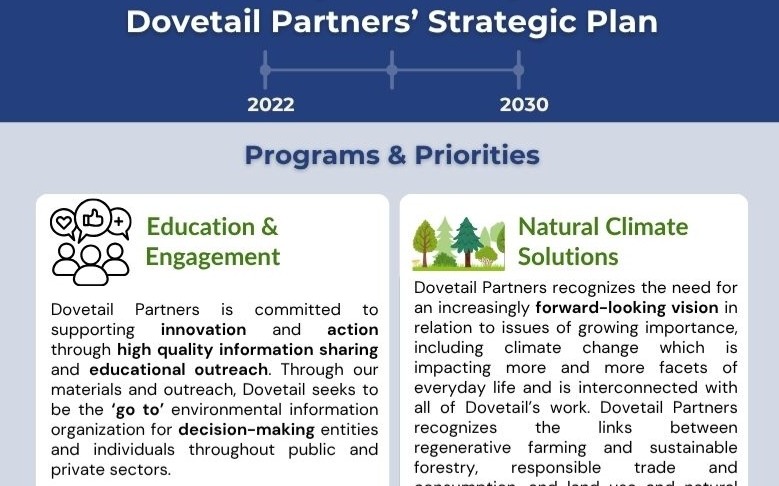In the previous Dovetail Report Biochar 101: An Introduction to an Ancient Product Offering Modern Opportunities(Groot et al. 2016) the bottom line was: “Biochar is a product with clear benefits but many questions yet to be answered.” That remains the case. However, ongoing research has expanded the knowledge base, and the debate about biochar’s value and cost effectiveness is narrowing as more is known.
A barrier to further market growth is that the industry producing biochar is unsettled, with little agreement regarding product standards, message, or carbon accounting. There is an opportunity for more collaboration to resolve these issues, especially among the mid to large-scale producers.
The most common use of biochar is as a soil amendment for high-value fruit and vegetable crops, including use in greenhouse and nursery operations, and there is already significant market acceptance in this sector. Biochar is also used to remove impurities and toxins in water filtration and soil remediation, and these applications appear to offer significant growth potential. Commodity crop production conceivably offers the potential for use of the greatest volume of biochar, but there is little information available about the relative cost and benefits of biochar in this application. This suggests that the commodity crop market is a prime candidate for further research on biochar use.
Coordinating the power of global research efforts with needs of the industry stakeholders, end users, and policy makers would provide much needed data and input for decision-making. The full potential of biochar continues to be viewed positively, and anecdotal evidence indicates growing demand. However, the market potential remains largely untapped. This report explores why interest in biochar is increasing, what the industry is doing to respond, and challenges which complicate market growth. For this report, current US-based producers and users, as well as potential users unfamiliar with biochar were interviewed. In all, over 20 producers and 200 users or potential users were contacted.
The work upon which this publication is based was funded in whole or in part through a grant awarded by the Wood Education and Resource Center, Northeastern Area State and Private Forestry, Forest Service, U.S. Department of Agriculture.
In accordance with Federal law and U.S. Department of Agriculture policy, this institution is prohibited from discriminating on the basis of race, color, national origin, sex, age, or disability. To file a complaint of discrimination, write USDA Director, Office of Civil Rights, Room 326-W, Whitten Building, 1400 Independence Avenue, SW, Washington, DC 20250-9410 or call (202) 720-5964 (voice and TDD). USDA is an equal opportunity employer.
- Lead AuthorGroot
- DateMay 2017
- CategoryAgriculture, Biochar, Carbon, Environmental, Forest products, Forestry, Soil, Water, Wood
- Project FileDownload

.png)
.png)
.png)

.png)
.png)